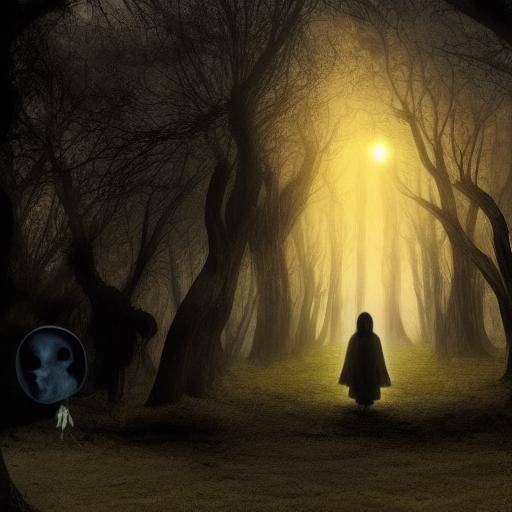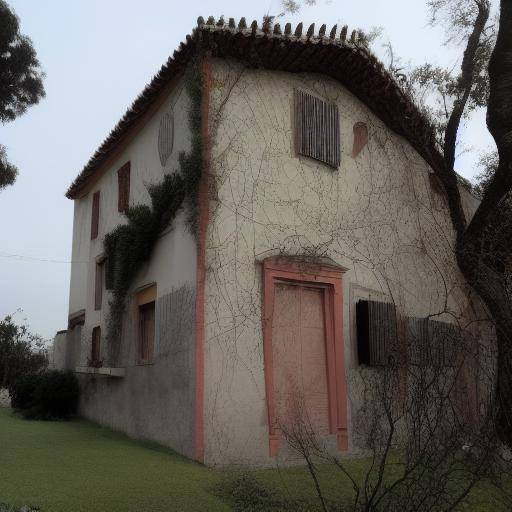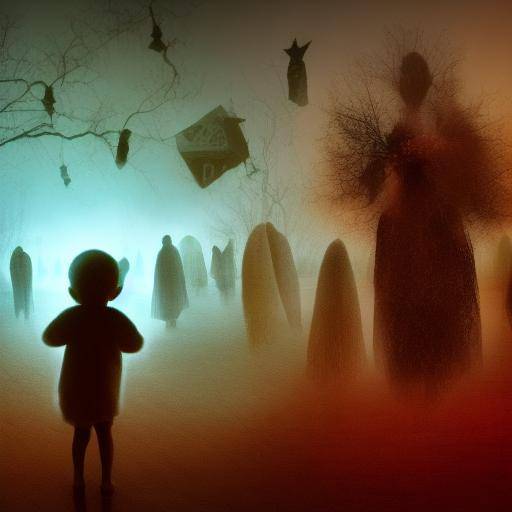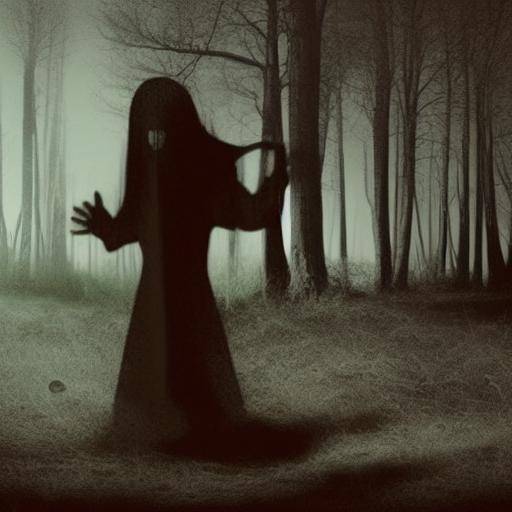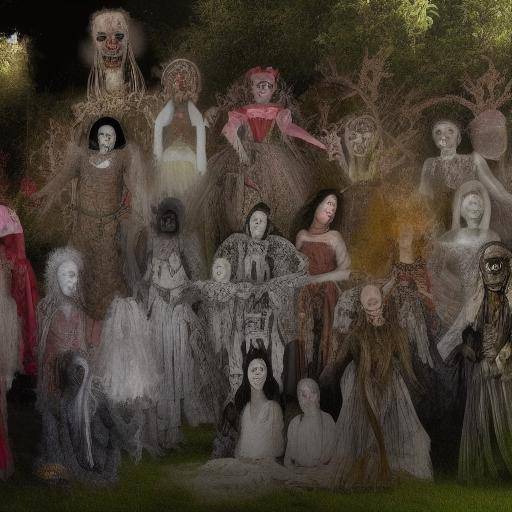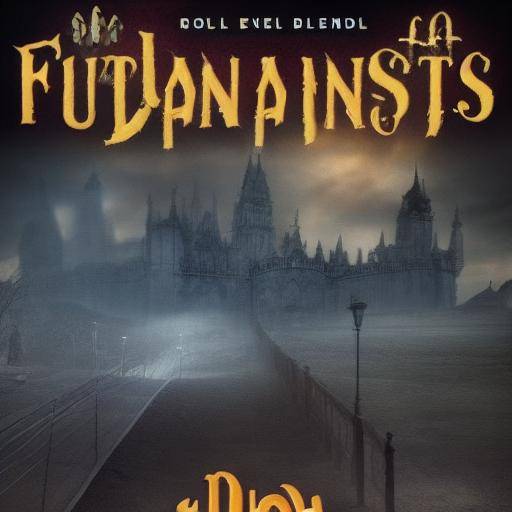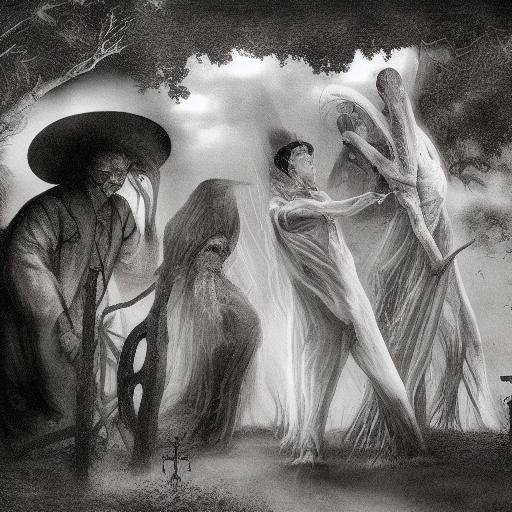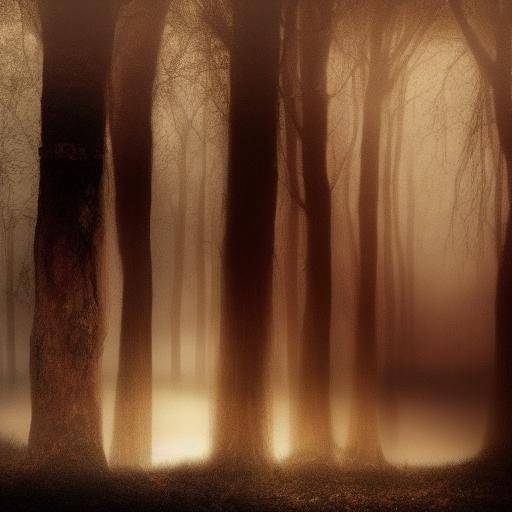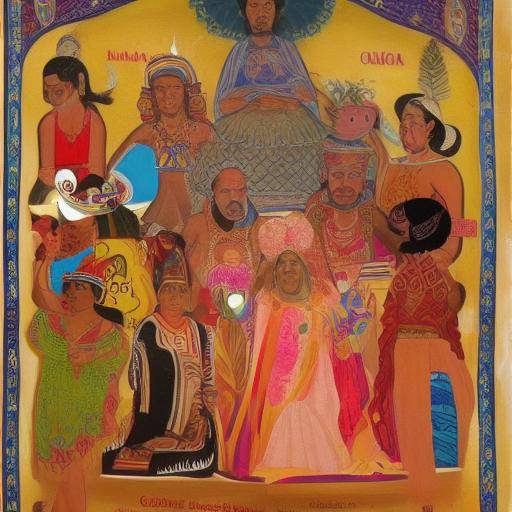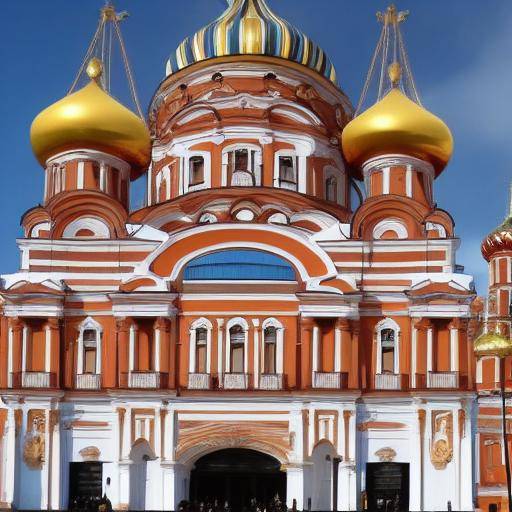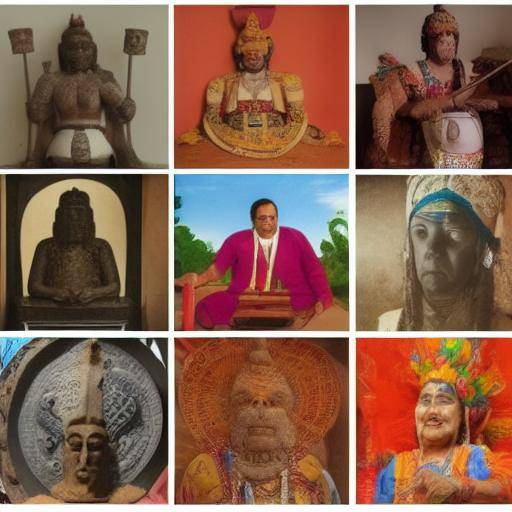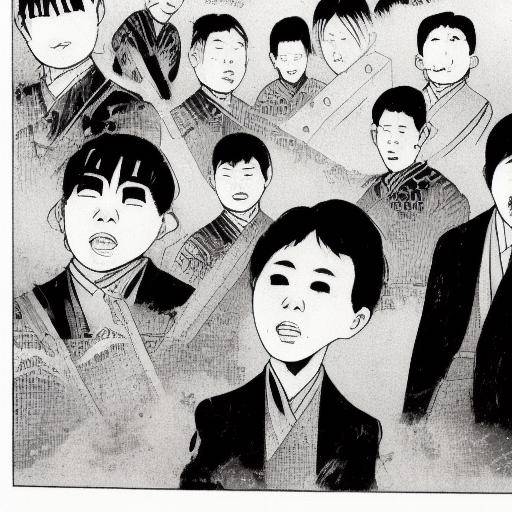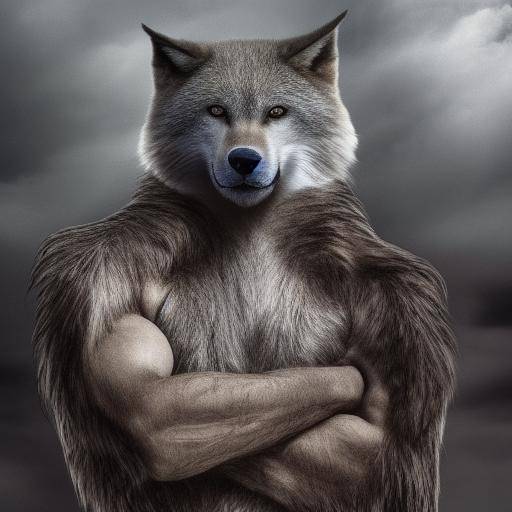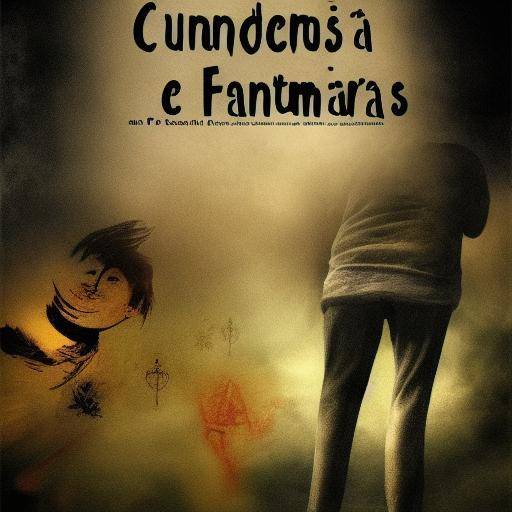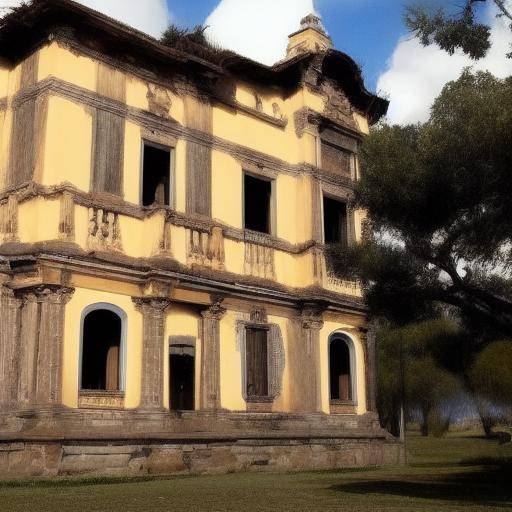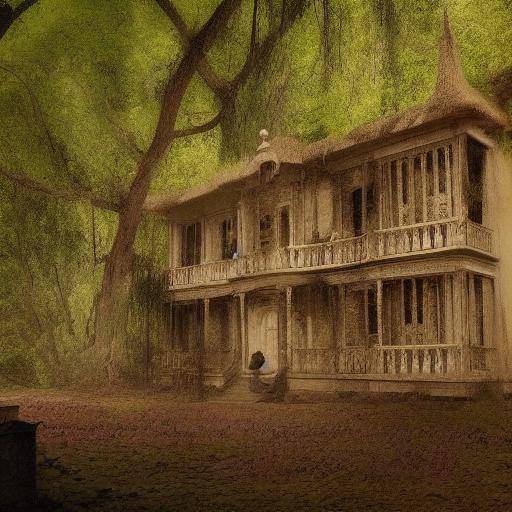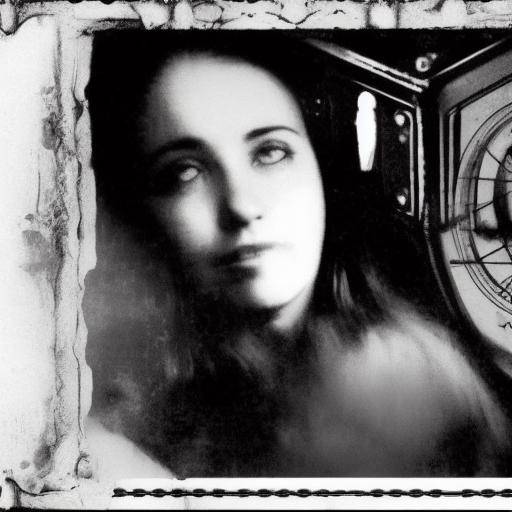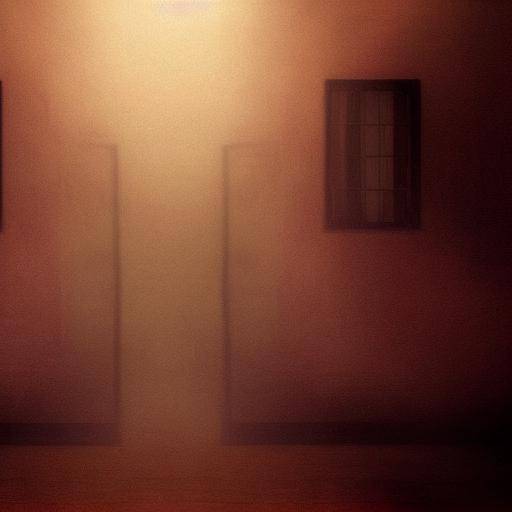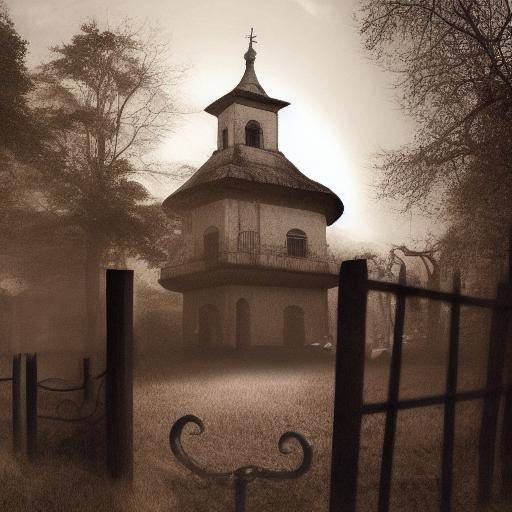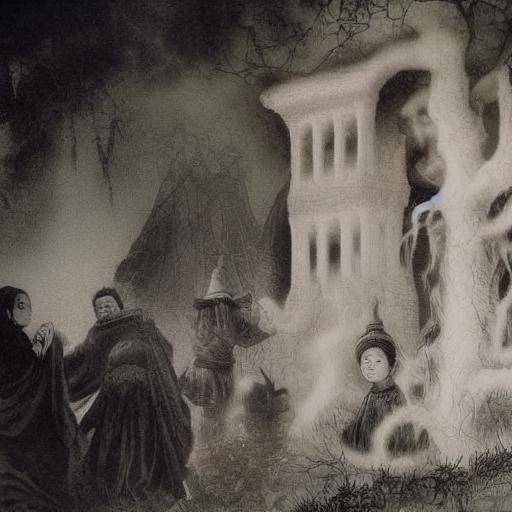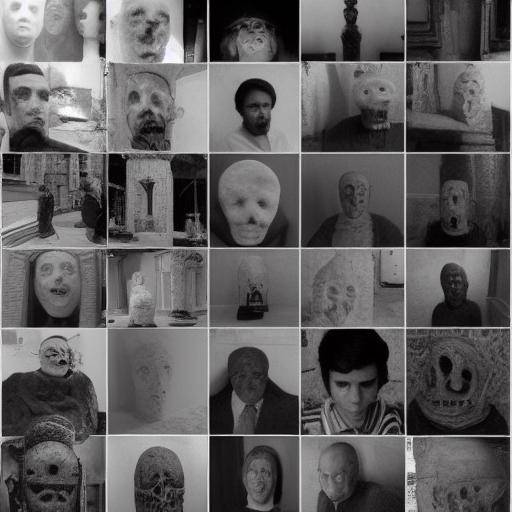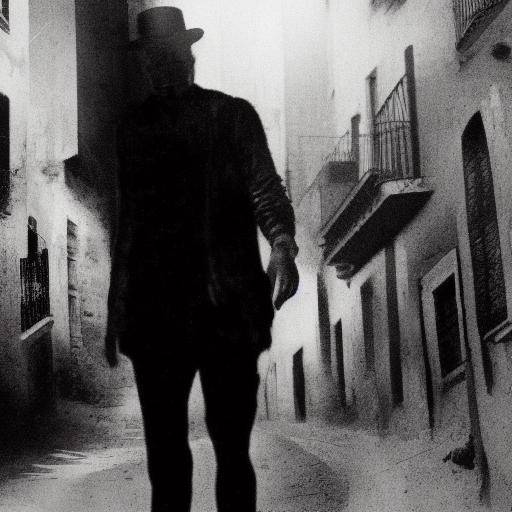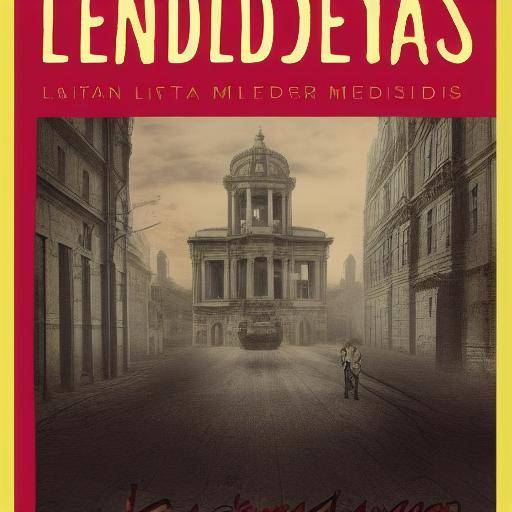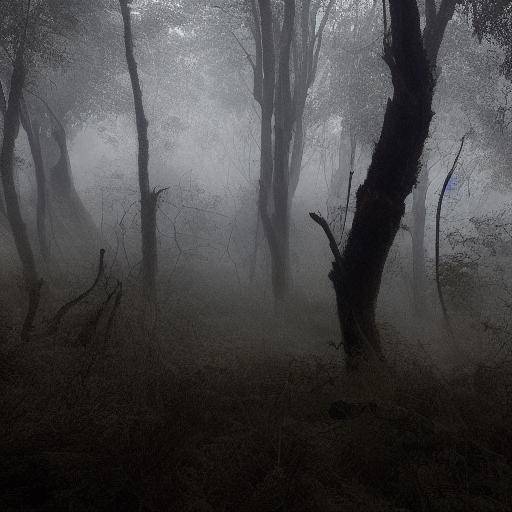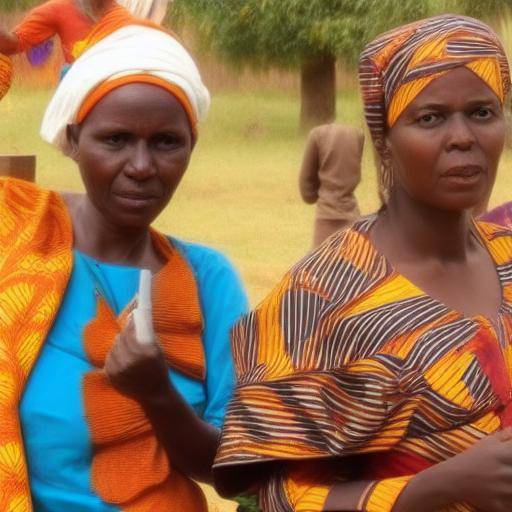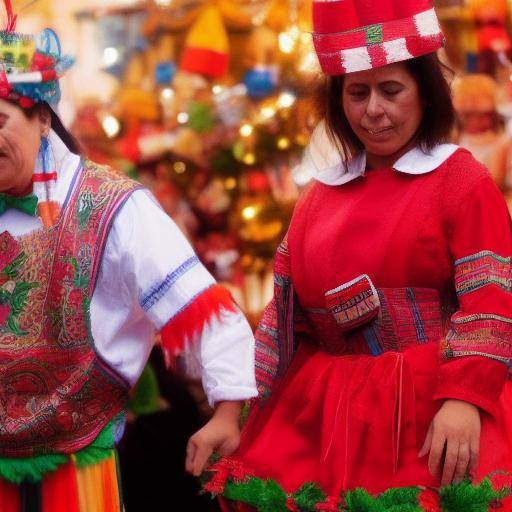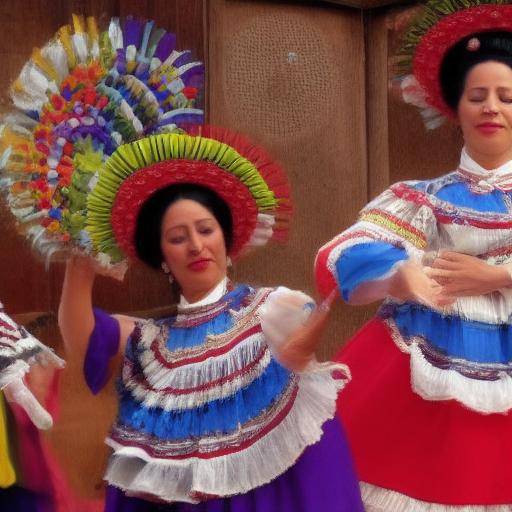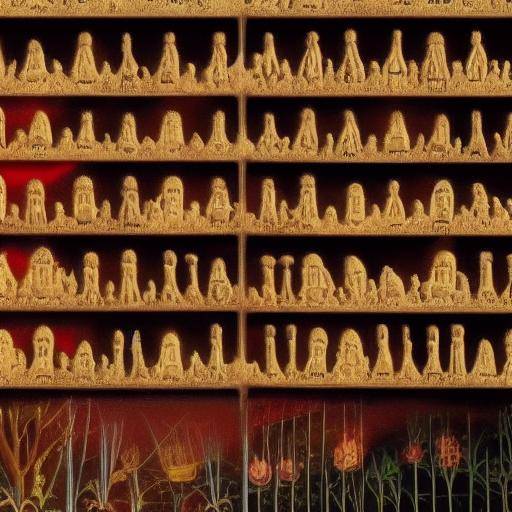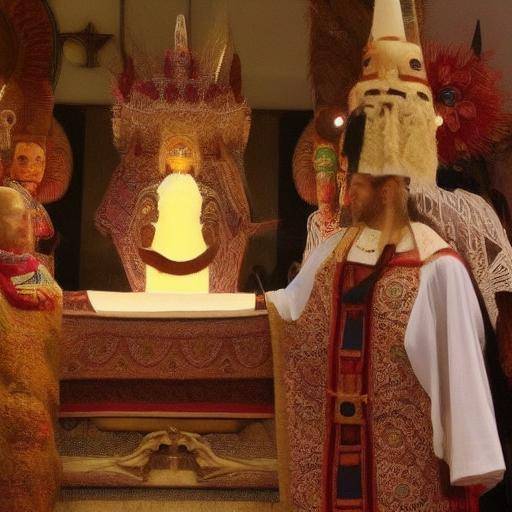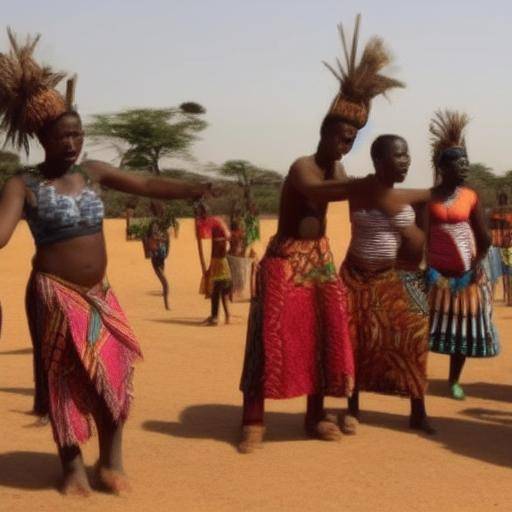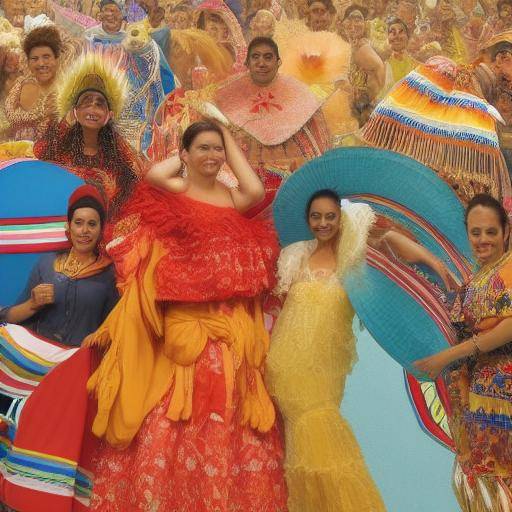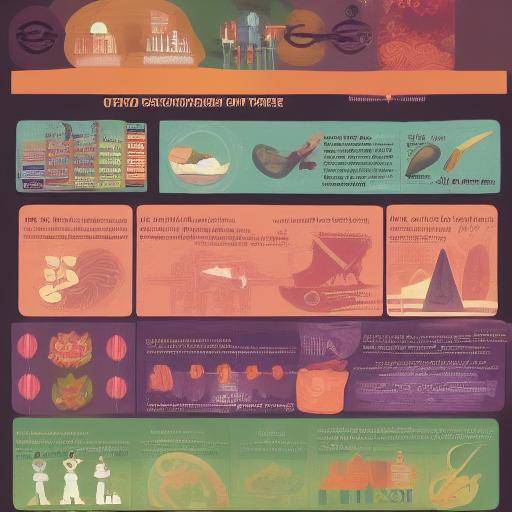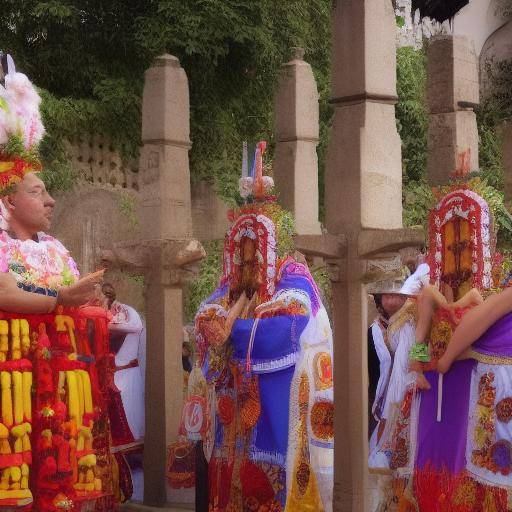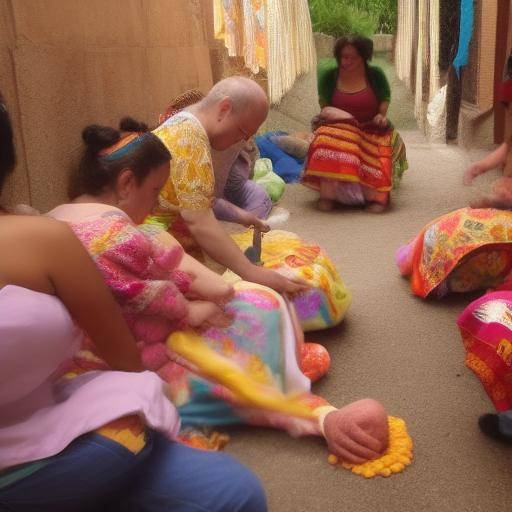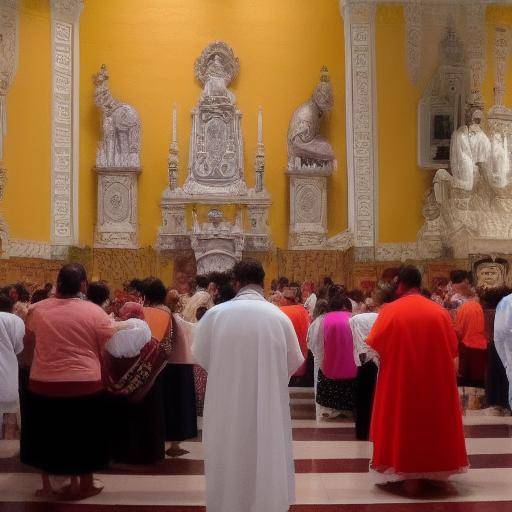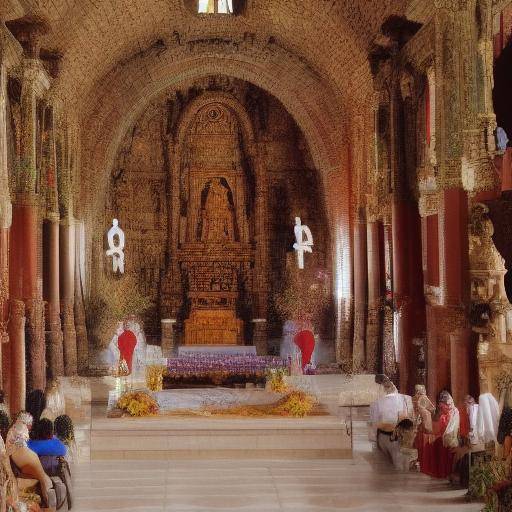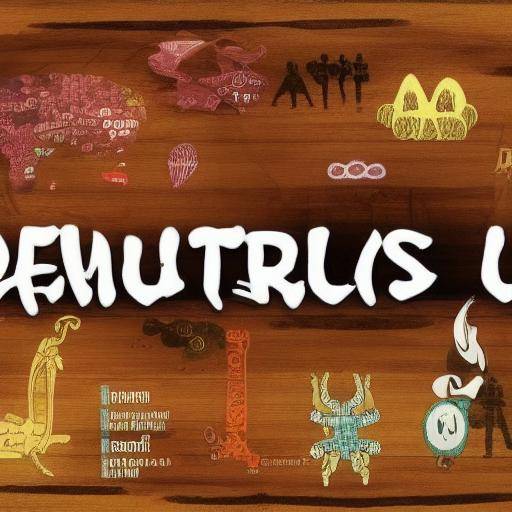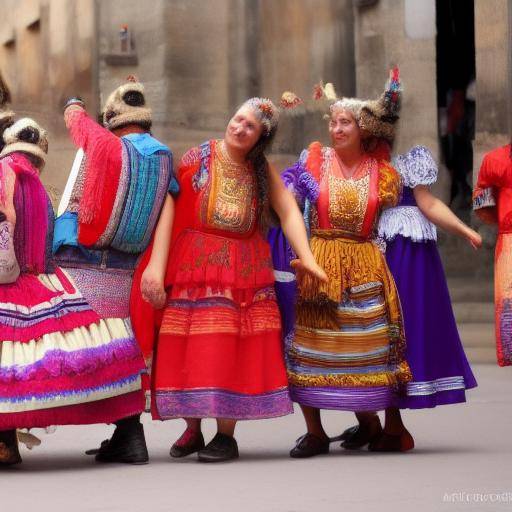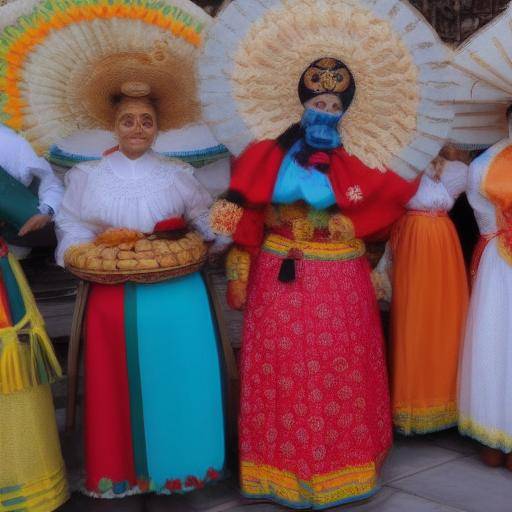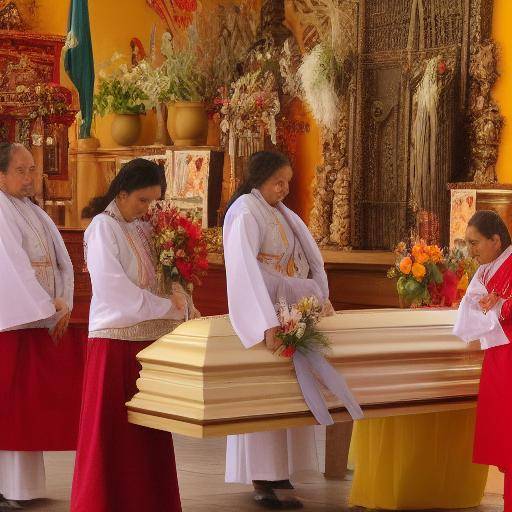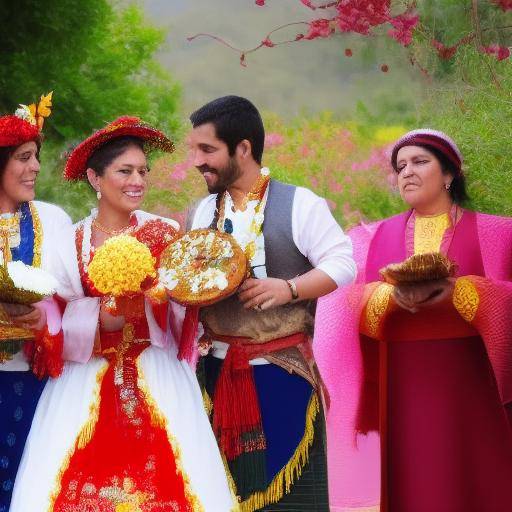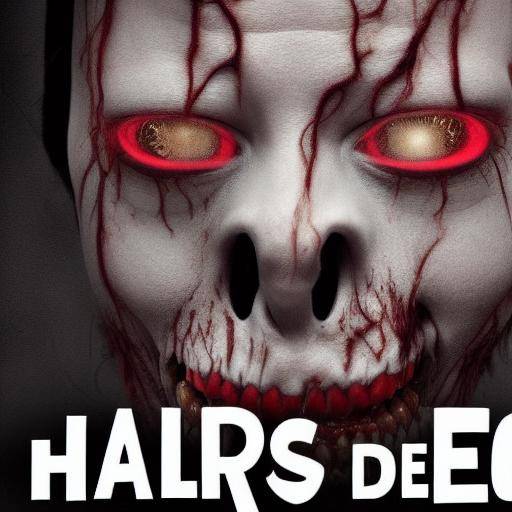
The myths of horror and stories of fear have been an integral part of the history and culture of different civilizations over the centuries. From ancient legends to modern horror stories, these narratives have captivated and terrorized audiences around the world. In this article, we will explore the fascinating diversity of myths of horror in different cultures, examining their origins, evolution and their impact on society. In addition, we will analyze how these stories reflect collective fears and reveal profound aspects of each culture. Prepare to immerse yourself in a journey through the most intriguing accounts of fear of different cultures and discover the common threads that connect humanity through fear.
Introduction
Fear has been an emotion shared by humanity throughout history, and every culture has woven its own horror narratives to shape those fears. These stories not only serve to scare, but also communicate values, teachings and warnings over time. In this article, we will explore myths of horror and stories of fear that have endured through generations, revealing the darkest aspects of different cultures. Discover how these stories have evolved, adapting to changing contexts, and how they continue to impact the current society. From the European folklore to the urban legends of Asia, we will immerse ourselves in a journey through the most emblematic stories of fear.
History and Background
Origins of the Horror Myths
The myths of horror have deep roots in the history of humanity. From the oral traditions of ancient civilizations to the emergence of Gothic literature, horror has been a form of cultural expression that transcends geographical boundaries. The first manifestations of these accounts were often linked to religious beliefs, protection rituals and explanations for inexplicable natural phenomena.
Legends and Folklore
Even in ancient times, cultures had their own creatures and entities that embodied collective fear. From vampires in Europe to yokai in Japan, these creatures have evolved over the centuries, adapting to the changing beliefs and fears of each society.
Evolution to the Long of Time
With the advent of writing and printing, myths of horror became immortal stories that could be shared and preserved. Authors like Edgar Allan Poe and H.P. Lovecraft brought horror to new heights, exploring psychological and metaphysical themes that continue to influence the narrative of contemporary horror.
Impact on the Society
These stories of fear not only entertain, but also act as mirrors of the fears and anxieties of each time. In many cultures, horror stories have been used to convey moral messages, teach lessons about human nature and warn about real or imaginary dangers.
Deep analysis
The myths of horror and stories of fear are not just entertainment; they also offer a lens through which we can examine collective fears and social tensions. By analyzing these narratives from various cultural perspectives, we can better understand how humanity has faced and expressed fear over time.
The Meaning of Fear in Different Cultures
Each culture has its own interpretations of fear and its manifestations in the form of myths and stories. What specific fears are inherent to each culture? What common elements can we find in horror stories from around the world?
The Psychology of the Fear
Fear is a deeply rooted emotion in the human psyche. How do myths of horror interact with our innermost fears? What does this tell us about human nature and our relationship with the environment? We will explore the answer to these questions as we unravel the puzzles of the stories of fear.
The Influence of Horror in Popular Culture
The impact of horror myths goes beyond the stories themselves. To what extent have they influenced popular culture, including cinema, literature and contemporary art? We will see how these stories have left an indelible footprint in modern society, shaping our perceptions of fear and darkness.
Comprehensive review
Contemporary Applications of Horror Myths
In today's globalized world, myths of horror intertwine with popular culture in a unique way. How have these stories adapted and reinterpreted in the 21st century? We will explore the influence of technology and the media in perpetuating and evolving these myths.
Comparison of Horror Myths in Different Cultures
Despite cultural differences, it is fascinating to observe the parallels between myths of horror from different parts of the world. We will analyze these similarities and differences to further understand how fear is a universal emotion despite cultural variations.
Practical Tips and Accessible Recommendations
Preservation and Dissemination of Horror Myths
The preservation of myths of horror is crucial to understanding history and cultural evolution. How can communities and folklore experts contribute to the conservation and transmission of these stories? We will offer practical suggestions to preserve this cultural heritage.
Industrial Perceptions and Expert Reviews
Interviews with Folklore Experts
We will talk with leading experts in folklore and mythology to get their vision on the importance of myths of horror in the understanding of cultures and societies.
Case Studies and Real Life Applications
Horror Myths in Contemporary Literature
We will examine how contemporary authors have revitalized the myths of horror, adapting them to current concerns and sensitivities.
Future Trends and Predictions
The Future of Horror Myths in a Changing World
With the constant evolution of society and technology, how will the nature of the myths of horror change in the future? We will discuss possible directions and emerging trends.
Conclusion
In this journey through the myths of horror and stories of fear of different cultures, we have explored the depths of human nature and the complexities of culture through the prism of fear. From ancient origins to contemporary manifestations, these stories continue to fascinate, frighten and reveal deep truths about ourselves and our societies. By understanding the significance of these accounts, we can appreciate the richness of cultural diversity and the universality of our deepest emotional experiences.
FAQs
Why are the myths of horror in culture important?
Horror myths are important because they reflect the fears and concerns of a society at a given time, providing a means to understand collective anxieties and deep-rooted cultural beliefs.
How have myths of horror evolved over time?
Horror myths have evolved over time, adapting to social, technological and cultural changes. They have gone from oral tradition to written forms and now to digital and cinematic media.
What is the impact of myths of horror on popular culture?
Horror myths have significantly influenced popular culture, fueling narrative in movies, books, music, art and games. They have also given rise to specific subgeners within horror.
What are some myths of prominent horrors in different cultures?
Some prominent examples include the vampire in European mythology, the cocksucker in Latin America, the oni in Japan and the aswang in the Philippines, among others. These figures represent fears rooted in their respective cultures and have been transmitted through generations.
Is there any connection between the myths of horror of different cultures?
Despite cultural differences, there are surprising similarities between the myths of horror of different cultures. These similarities reflect universal fears and fundamental human concerns.
How can myths of horror be preserved in the modern era?
The preservation of myths of horror in the modern era can be achieved through the academic study, the documentation of oral traditions, the promotion of folk literature and the inclusion of these stories in the educational curriculum.
What do the myths of horror tell us about human nature?
The myths of horror offer a profound view of the human psyche, revealing our subconscious fears, our hopes and our cultural values through the lens of fear.
With this, we concluded our journey through the myths of horror and stories of fear of different cultures. These stories, rooted in the history and folklore of various societies, continue to exert a timeless fascination over humanity. In its dark core, we find the reflections of our own nature, embodied in the most ancient and universal forms of fear.


